Your Generosity. Their Future.
Your generosity fuels discovery and transforms the lives of children and their families, today and for generations to come. From donations and planned gifts to joining one of our many inspiring events, there are so many ways you can help.

Understanding cellular traffic jams
CHOP researcher Priya Sivaramakrishnan, PhD, MSc, received the prestigious Beckman Young Investigator Award for studying how basic cellular processes like transcription, DNA replication and repair are coordinated while the embryo develops.
Your impact

Healthier communities
CHOP's Healthier Together program partners with the Trust for Public Land to transform schoolyards to improve spaces where children play, families gather and neighborhoods connect.
Gabby’s Story: Surgery for Nutcracker syndrome
Gates Foundation grant funds malaria research
CHOP Biobank: A reservoir of knowledge
Embedded in communities for better healthcare accessibility and creating the largest healthcare network in the U.S.
Established to enable healthier families, stronger schools, thriving neighborhoods and successful businesses
Dedicated research space equipped to make the next great breakthroughs for all children
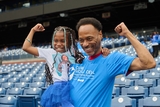
Sickle Cell Walk a success!
Participants in this year's Cure Sickle Cell Walk & Family Fun Day, presented by West Pharmaceutical Services, raised more than $242,000 (and counting!) for the Sickle Cell Center at CHOP.
Join us as we save lives and advance pediatric healthcare
Parkway Run & Walk, presented by Citadel Credit Union
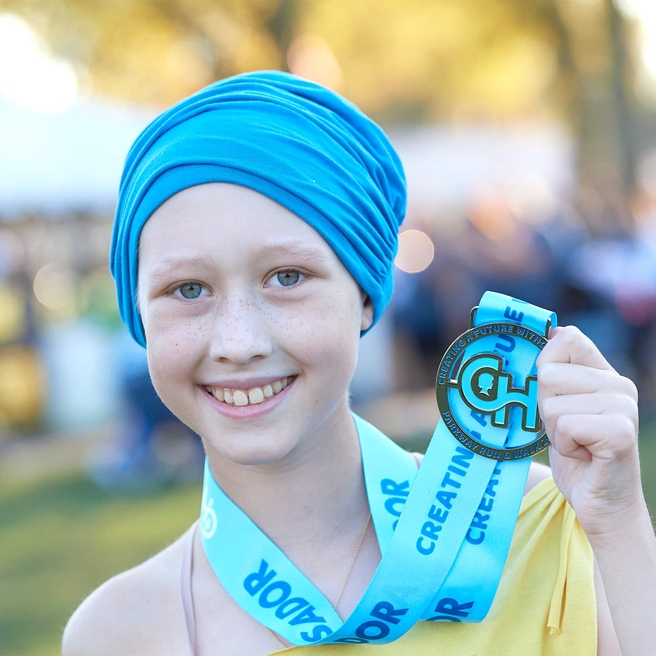
Join us this September for the Parkway Run & Walk and help us conquer cancer!
Carousel Ball
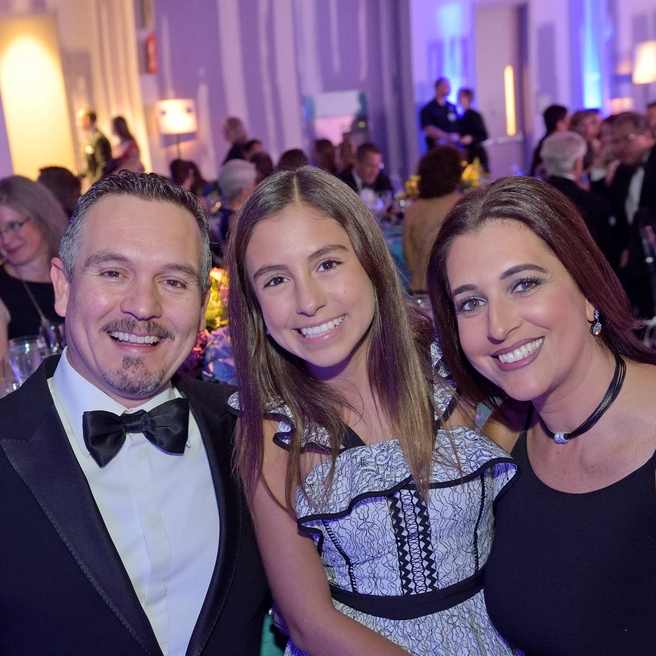
The Carousel Ball brings together more than 800 of the region’s greatest philanthropists, corporate leaders and patient families for an evening of inspirational storytelling and immediate impact on the patients we serve.
CHOP Buddy Walk®
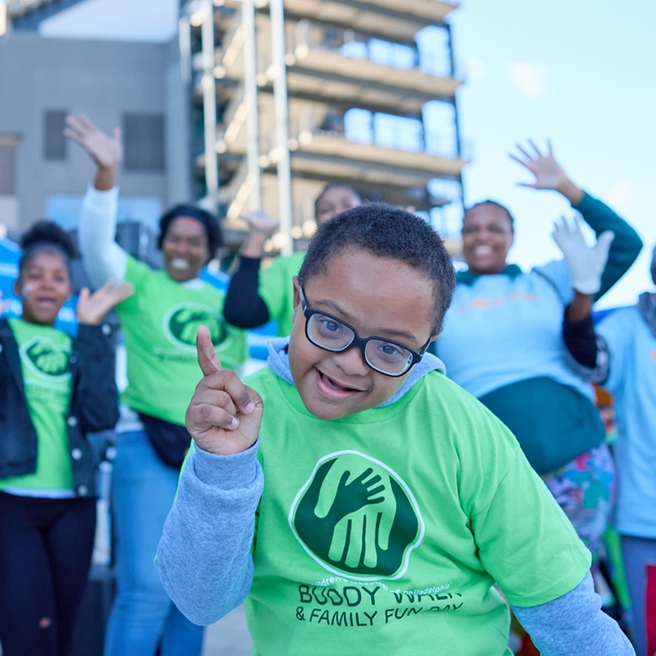
Join us in October to support breakthrough care and brighter futures for individuals with Down syndrome.

Raise funds for CHOP
Fundraise for CHOP in your community! Host an event, start an online fundraiser, or come up with your own creative idea. There is no limit to the ways you can support the children we serve.

Volunteer Services
The volunteers who donate their time play an important role in the experience of our patients and families.

Corporate Charitable Partnerships
Generous support from corporations that share our commitment to children’s well-being enables CHOP to serve a growing community in the Philadelphia region and save lives worldwide. Here’s how corporations and foundations can join forces with CHOP.

Make a Gift to CHOP in Your Will or by Beneficiary Designation
A gift to CHOP in your will or trust, or by beneficiary designation, can ensure happy, healthy tomorrows for children everywhere.
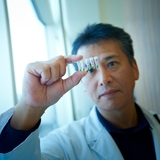
Driven to discovery
At CHOP, we are solving the previously unsolvable. Fueled by an endless curiosity and generous philanthropy, we are finding new ways to create healthy outcomes for every child we serve.
For inquiries about:
- Making a gift
- Gifts you have already made
- Changing your fundraising communication preferences
- Other general questions